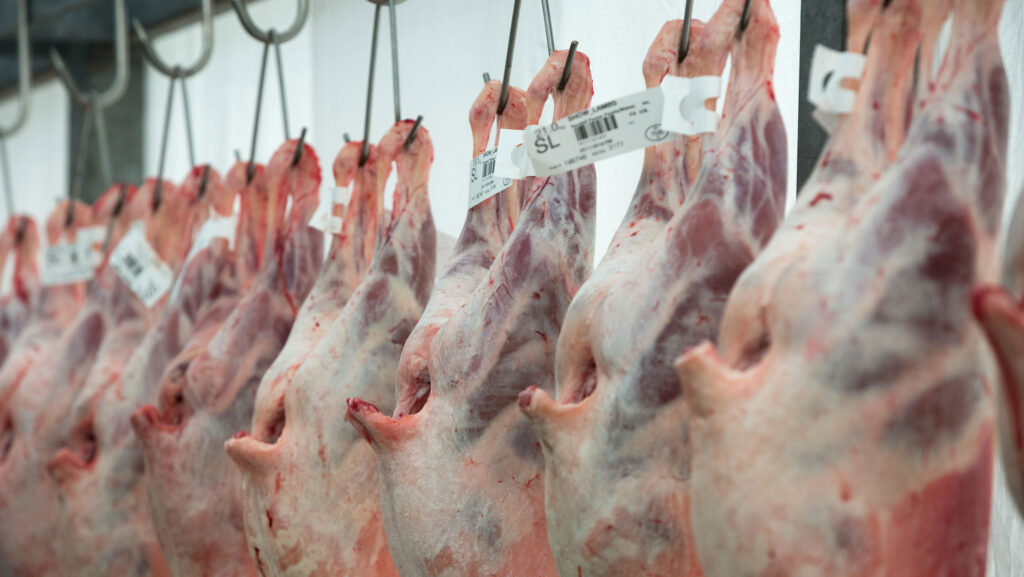Defra mandates abattoir price reporting for sheep sector
 © Tim Scrivener
© Tim Scrivener Large abattoirs will be required to report lamb prices, use standardised dressing specifications, and weigh carcasses to the nearest 0.1kg, under new government measures.
The announcement by Defra has been widely welcomed by the farming sector and follows an industry consultation earlier in the year.
Defra states that the measures are designed to ensure producers receive a fair price for their livestock.
See also: Dismay as abattoirs cut lamb prices in bluetongue (BTV) restriction zone
The changes should also help bring the sheep sector in line with beef and pork.
Defra farming minister Daniel Zeichner said the measures would support farmers by ensuring fairness in the sheep supply chain.
Farming organisations have called for the introduction of mandatory price reporting in the sheep sector for more than a decade, with several consultations taking place over the years.
An industry consultation in 2018 found the NFU, National Sheep Association, British Meat Processors Association, and Livestock Auctioneers Association were all in favour of mandatory sheep carcass classification.
A further six week consultation, held by Defra and the Welsh Government during February and March 2024, called on industry stakeholders to feed in their views on mandatory carcass classification and deadweight price reporting schemes.
‘Positive move’
The NFU has welcomed the proposed legislation by Defra and said the commitment was extremely positive for the GB sheep sector.
NFU Livestock Board chairman David Barton said: “Defra’s commitment to introduce regulation for the sheep sector has been a long time coming, and it’s a huge positive for sheep farmers up and down the country.
“The NFU fully supports the proposals for mandatory sheep carcass classification, standardising dressing specifications, weighing carcasses to 0.1 kg, and price reporting for larger abattoirs. We also believe the RPA’s role in licensing and auditing is vital for the scheme’s success.
“We look forward to seeing these measures bring much-needed transparency and fairness to the sector, benefiting farmers, processors and customers across the wider supply chain.”
